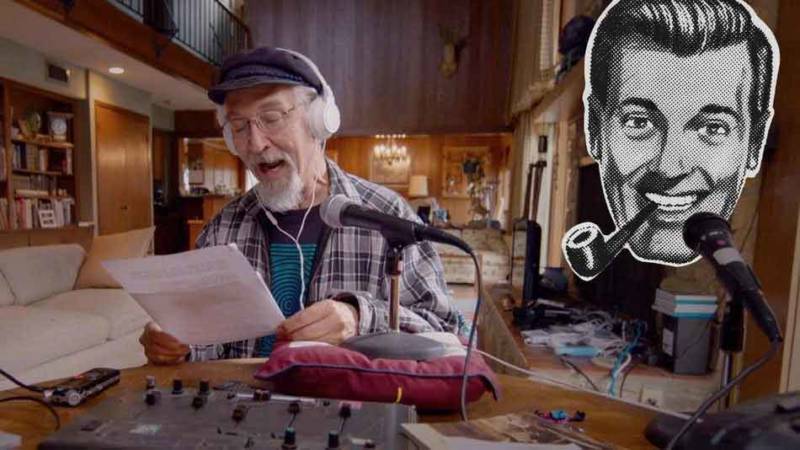This week, we look ahead to three pictures from an exhibition, namely this year’s San Francisco Documentary Festival, a.k.a. DocFest (running May 29–June 13 at the Roxie and Brava Theaters).
For starters: Surely there are still a few outsiders, outcasts and outliers remaining in San Francisco, yes? Think-for-yourself folks who recognize the absurd tonnage of conformist BS exuded into our environment every minute? If that’s you, well, you’re the audience for JR “Bob” Dobbs and the Church of the Subgenius (May 30 at the Roxie), an in-on-the-joke saga of the ersatz religion founded in the ’70s by a couple of precocious young Texans with a shared love of Captain Beefheart and Chick tracts.
Sandy K. Boone’s film is as alert and bemused as its now-older and wiser subjects (and their followers). One of the founders, Rev. Ivan Stang, describes the Church as “a weird fringe cult for weirdos.” More than simply a history and a character(s) study, the doc works as a mental laxative at this particular moment of collective insanity and collective denial. Free thinkers of the world, unite!
Snapshot No. 2: Near-religious zeal of another denomination altogether fuels veteran Bay Area filmmaker Liz Canning’s irresistible first-person documentary Motherload (June 9 at the Roxie). Transplanted from San Francisco to the northern Marin town of Fairfax, and transformed from cyclist to car slave by the birth of twins, Canning frames her film as a sort of grown-up back-to-nature journey. To that end, she assembles a veritable revival tent of smiling subversives to spread the gospel of cargo bikes.
Motherload breathlessly transports the viewer to a different reality in more ways than one: In the cellphone era, bicycles are a splendid (and occasionally safe) way to capture moving images. Canning’s peripatetic camera captures an existing, sustainable counterculture, and the shrieks and laughter of many, many, many children.


